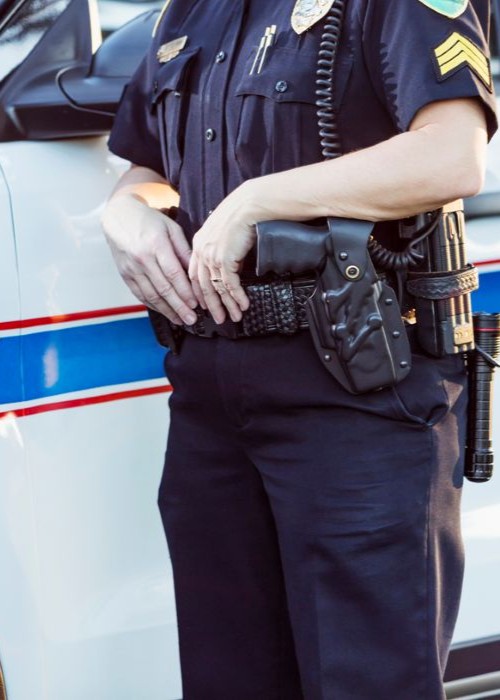When police officers became scapegoats during the “summer of love” in 2020, American cities burned. Politicians who once appealed to law and order to garner votes slashed public safety budgets and gutted entire police departments to try and appease insatiable activists who always demanded more. While these activists claimed to be chanting “defund the police” in the name of public safety, the public lost the one thing actually proven to make everyone more safe by reducing crime and building trust: community policing.
Sgt. Betsy Smith, a 29-year law enforcement veteran who patrolled the Chicago, IL, suburbs, and is now a spokesperson for the National Police Association, recalled the game-changing benefits she once witnessed firsthand.
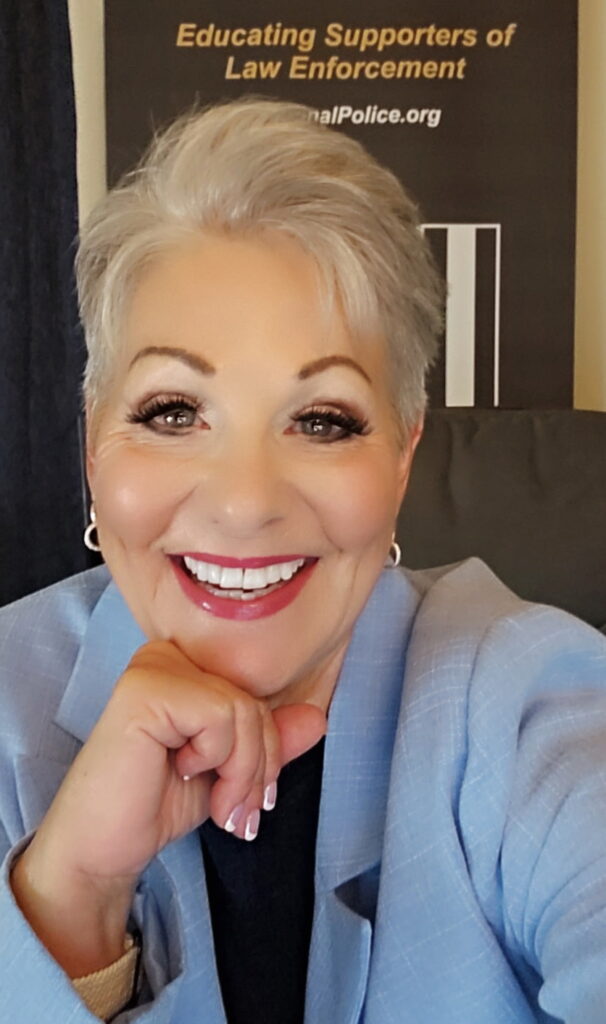
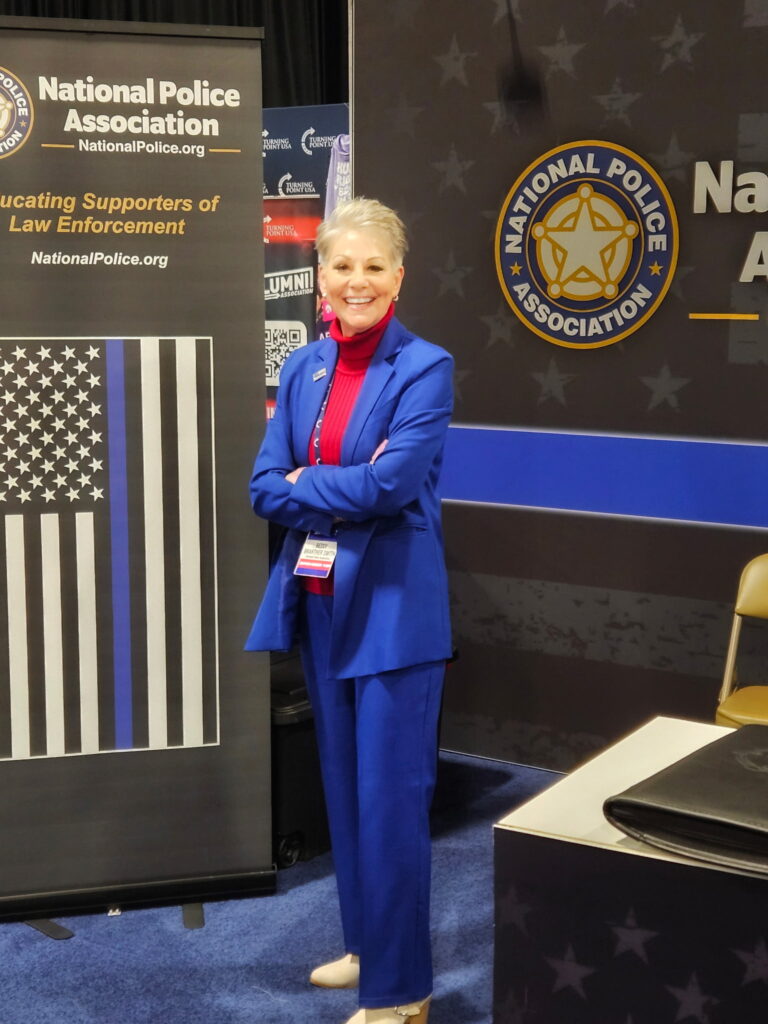
“Community policing isn’t new,” Sgt. Smith told IW Features. “We’ve been doing it since the 1970s. In the ‘90s, we ramped it up with officers living in public housing, running crime prevention units, working in every school and senior center. Those programs were extremely successful.”
And yet, in 2020, when departments were defunded, Sgt. Smith explained, community policing programs were the first on the chopping block.
“Kamala Harris very famously said, during the post-George Floyd era, that less police officers equals less crime. And we know that’s absurd.” Sgt. Smith recalled.
The result was predictable and devastating to the state of public safety.
“Nine out of every ten police departments in this country are short-staffed,” Sgt. Smith said. “The vilification of law enforcement created a crisis. Departments can’t recover their staffing numbers, and the very people activists claimed to care about have suffered the most.”
Research backs Sgt. Smith’s diagnosis. A randomized field experiment in New Haven, CT, found that even a single instance of a friendly, non-enforcement police visit at someone’s doorstep improved community trust. The most substantial effects were actually among non-white residents, the experiment found, as well as those who began with the most negative views of law enforcement. The positive impact from that one visit lasted for at least three weeks.
A separate evaluation from Pittsburgh, PA, where officers patrolled areas of predicted violent crime, showed a 25% reduction in violent crime overall. What’s more, there was nearly a 40% drop in crimes against African-American and non-white residents. Similarly, in Boston, MA, a deterrence program called Operation Ceasefire, where police, clergy, and community leaders worked directly with gangs and at-risk youth, helped reduce youth homicides by 63%. Again, they didn’t only focus on arrests to deter crime—they increased partnerships with residents that saved lives and stabilized whole neighborhoods.

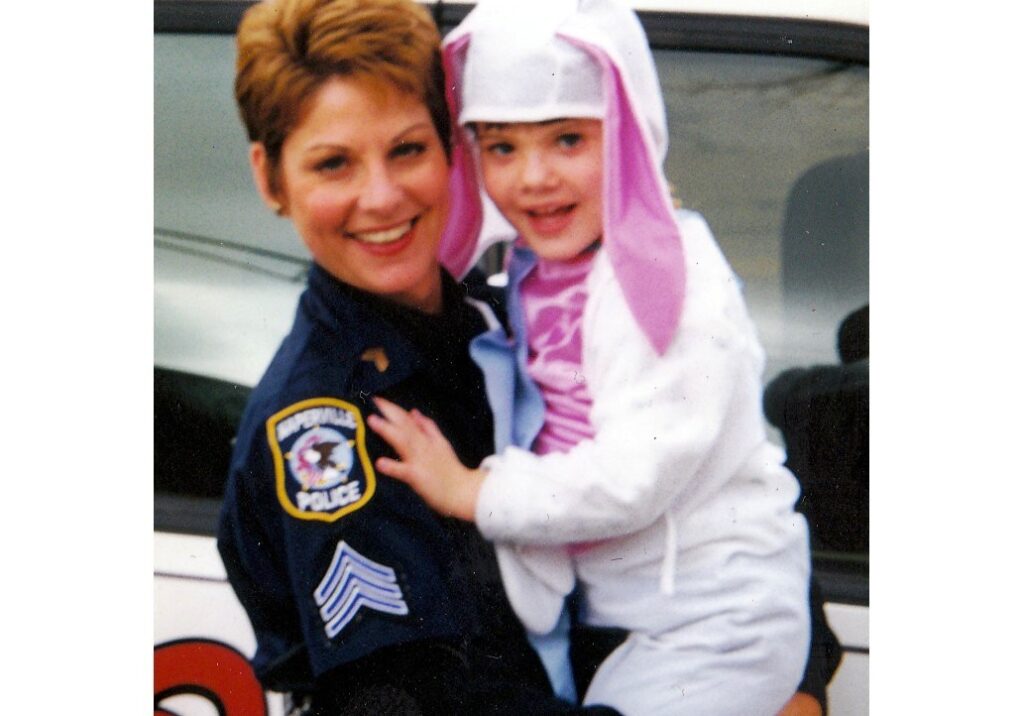
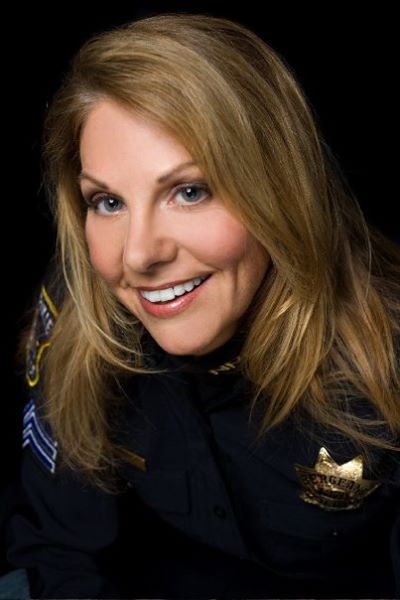
In contrast, homicides surged by almost 30% in 2020 after the “defund” movement gained steam. Los Angeles, CA, saw a 35% increase in crime after the summer of 2020––including a 34% rise in gun-related homicides in January 2021 alone. Meanwhile Los Angeles Unified School District slashed 35% of its school police force, and since then, it has witnessed significant increases in vaping, fighting, and drug-related incidents. In Minneapolis, MN, where the anarchy began following the death of George Floyd, violent crime, gunfire, assaults, carjackings, and homicides skyrocketed as their police force was forcibly shrunk by approximately 36%.
Years of high crime followed, especially because Democrats, who at the time were in power, chose to hitch themselves to anti-police policies and activists no matter how bad things got. Only earlier this year—half a decade into progressives’ ill-fated experiment with tolerating constant crime—were the American people put first with President Trump and the Congressional Republicans’ One Big Beautiful Bill (OBBB). The legislation’s recent passage included provisions to deliberately reverse the disaster of the “defund” movement. Unlike destructive slogans that left American communities, especially minority neighborhoods, less safe, OBBB redirected resources where they matter most.
Sgt. Smith views the OBBB as a timely chance to restore what Americans lost. For one, the bill introduced no tax on overtime and included specific provisions for local law enforcement funding.
With the passage of the OBBB, new overtime deductions of up to $12,500 will be in effect through 2028, and the state and local tax (SALT) cap will increase to $40,000 through 2029, which frees up local revenue that can help fund police. Additionally, the bill appropriated $165 billion to the Department of Homeland Security (DHS), which included $4.1 billion for Customs and Border Protection (CBP) to hire and train more officers and agents, $29.85 billion for Immigration and Customs Enforcement (ICE), $3.33 billion for the Department of Justice, and $5 billion for the Bureau of Prisons. Investments like these can also expand law enforcement training at a national level, which can then be shared with smaller, local departments, thereby increasing officer safety and community protection.
“But more importantly,” she said, “ you look at what it signaled: attention and investment in federal law enforcement. That kind of focus says to young people, ‘Hey, I can go be in law enforcement, make a decent living, and have the appreciation of the community.’ We can go back to that.”

For Sgt. Smith, the chain reaction this bill has the potential to off matters just as much as the amount of dollars behind it.
“One of the ways to stop the demonization, and thus staff your police departments again, is to have lots of positivity toward law enforcement,” Sgt. Smith said. “That’s one of the big things the OBBB and the rhetoric surrounding it is really helping with.”
Sgt. Smith did not mince words about what happens when positive police perceptions and support disappear.
“Thousands—literally, we are probably close to 10,000—of young black men have died since the death of George Floyd in this country because of the vilification of the law enforcement profession,” Sgt. Smith asserted. “For people who claim that they care about the lives of young black men, what they did in a post–George Floyd America is they led young black men to their slaughter. And who was the primary slaughterer of young black men? Nobody wants to talk about this, but it’s other young black men.”
Indeed, interracial violence rarely occurs in America, so when activists and progressive politicians made it next-to-impossible for police officers to take violent black men off the streets, they almost guaranteed, statistically speaking, that the people who would be most victimized would be black themselves.
“All of these things—removing law enforcement—have been not just folly, but they have led to the deaths of the very people that these politicians and these activists claim to care about.”
Still, she hasn’t lost her optimism. While she does not care for common PR gimmicks like TikTok lip-sync videos to improve people’s perception of law enforcement, she does believe that police officers should reach out to communities and wants to see more media highlighting stories of police officers doing their jobs and protecting the public.
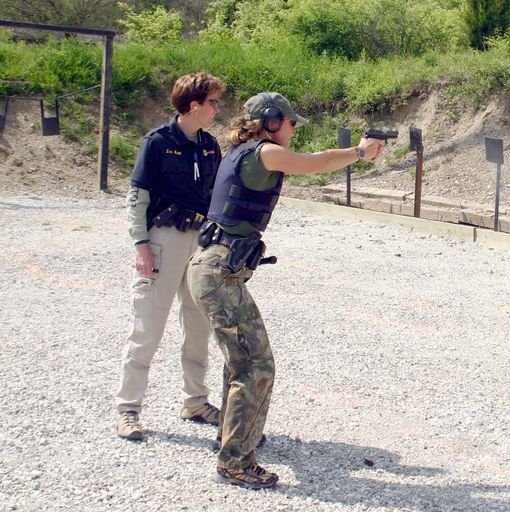
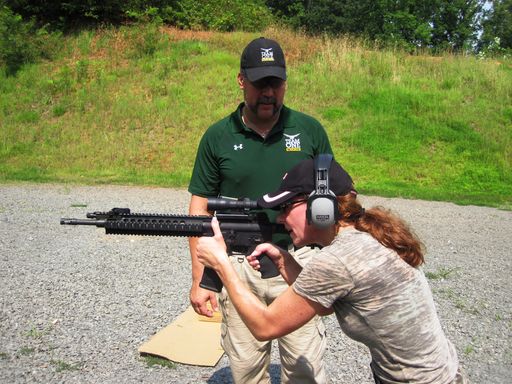
Now 66, Sgt. Smith isn’t patrolling the streets. But she still trains officers nationwide, still speaks out proudly about her profession, and still believes in the founding principle of policing: “The people are the police, and the police are the people.”
While the OBBB cannot erase the scars left by the “summer of love” overnight, its funding priorities can restore community policing programs—and with them, public safety. Community policing efforts—walking kids to class, helping families through a crisis, spending time in community centers—have the potential to reestablish trust between Americans and the men and women sworn to protect them, no matter how much activists have attempted to destroy it with lies and false promises.
Trust, Sgt. Smith says, can take years to rebuild. But she has faith that finally we have a government that is taking the steps needed to reverse course before more American families pay the price.


